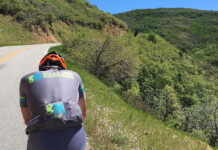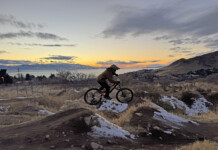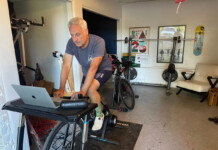Regardless of your perspective on the relative amount or lack of snow this winter, it has allowed us to get outside to ride more comfortably than we are typically used to this time of year. Though I recommend taking time off the bike at some point during the winter, if you are preparing for early season events, you will want to get back to consistent bike training a couple of months prior. For MTB racers, we are lucky to have several great early season races here in Utah to dust off the cobwebs on our winter legs! True Grit, 6 Hours of Frog Hollow and the first couple stops on the Intermountain Cup calendar are great opportunities (or excuses) to head south and ride dry singletrack in the desert. For those riders who live in warm, dry climates, this is your chance to shine. For those of us in winter climates, there is plenty we can do to prepare with off-the-bike training, riding on the road and occasionally on the trainer.
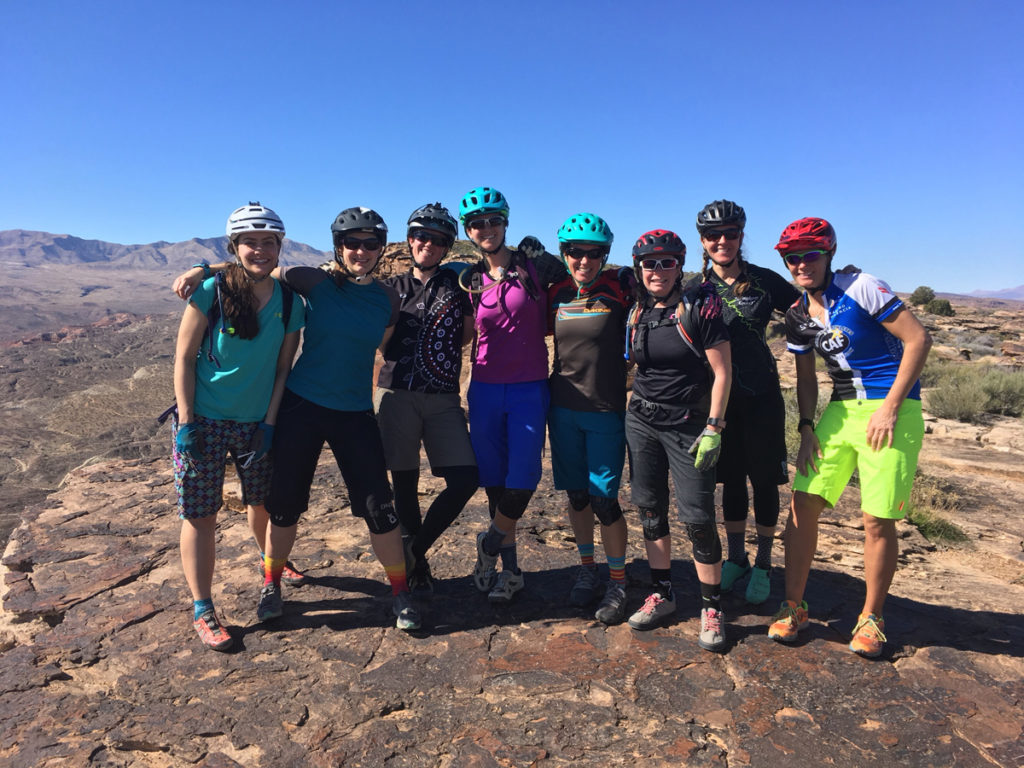
Though the general seasonal training outline for MTB racers will be similar to that of roadies, the specific demands of offroad riding are unique and can be difficult to replicate when we are confined to riding on the road and (even more so) on the trainer. The same general guidelines apply; developing aerobic base through the winter months with less specificity, gradually adding intensity, transitioning to more on the bike training and race specific efforts. Training at zone 3 (or tempo zone) through the winter is a great way to develop aerobic base. This level of intensity is a useful conduit for aerobic base building in the absence of 4-6 hour, low intensity traditional base building rides.
As True Grit and other early season offroad goals approach, you will want to develop the intermittent power that is unique to MTB riding. There are a few workouts that can be performed on the road to achieve this when trails are not accessible. While performing tempo intervals, add in some 10 second sprints to simulate the bursts of power required to clear technical sections of trail. Try to return to tempo power/effort without dropping your effort to recover from the burst. If you are on the trainer, it is not possible to recreate the sharp burst of power required for a 10 second sprint. So in this case, instead use a 30 seconds surge. In a similar vein of mimicking offroad riding, during longer endurance rides, try doing a short (5-10 seconds) sprint every five minutes, decreasing to every two minutes as your fitness develops. Do this on rides of one to two hours.
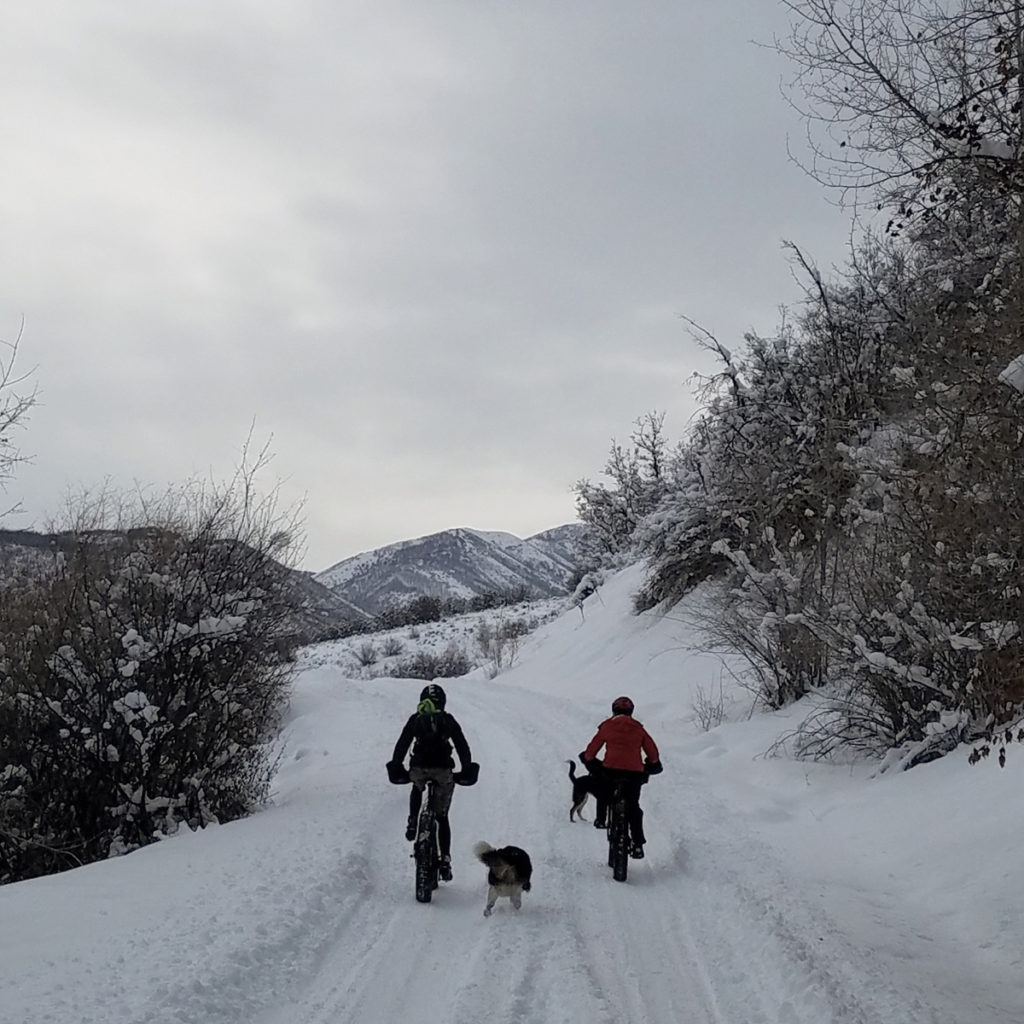
If you are lucky enough to live where there is lots of fluffy white snow, enjoy skiing or snowboarding to maintain your technical edge while you can’t ride trails. Consider, the same skills are in use; handling your body at speed, balance, reaction time, proprioception, etc. Most skiers and snowboarders transition pretty easily to MTBing as the foundation is already there. Skiing and snowboarding are also fun strength workouts. Bonus points if you skin up to add endurance training.
Of course if you are not a skier or you just need a singletrack fix, Moab, St. George, Hurricane and Las Vegas are close for most of us and dry trails await. Dial in the race courses for True Grit, Frog Hollow and the Intermountain Cups or develop MTB specific fitness without having to throw sprints into your road rides! Enjoy the dirt.
Winter is a great time to focus on strength work (besides skiing and snowboarding). Yoga is a helpful way to combine isometric strength work with stretching and body work, as well as mental training and meditation. Stay tuned, I will be offering yoga for cyclists classes in upcoming months.
No matter the weather, there are ways to prepare yourself to smash early season MTB race and ride goals. It may take some creativity. A coach will be able to provide a lot of guidance about how to be most effective for each individual’s current fitness and goals.
Sarah Kaufmann is the owner of K Cycling Coaching. She is an elite level XC and CX racer based in Salt Lake City, UT and can be reached at [email protected] or 413-522-3180.



